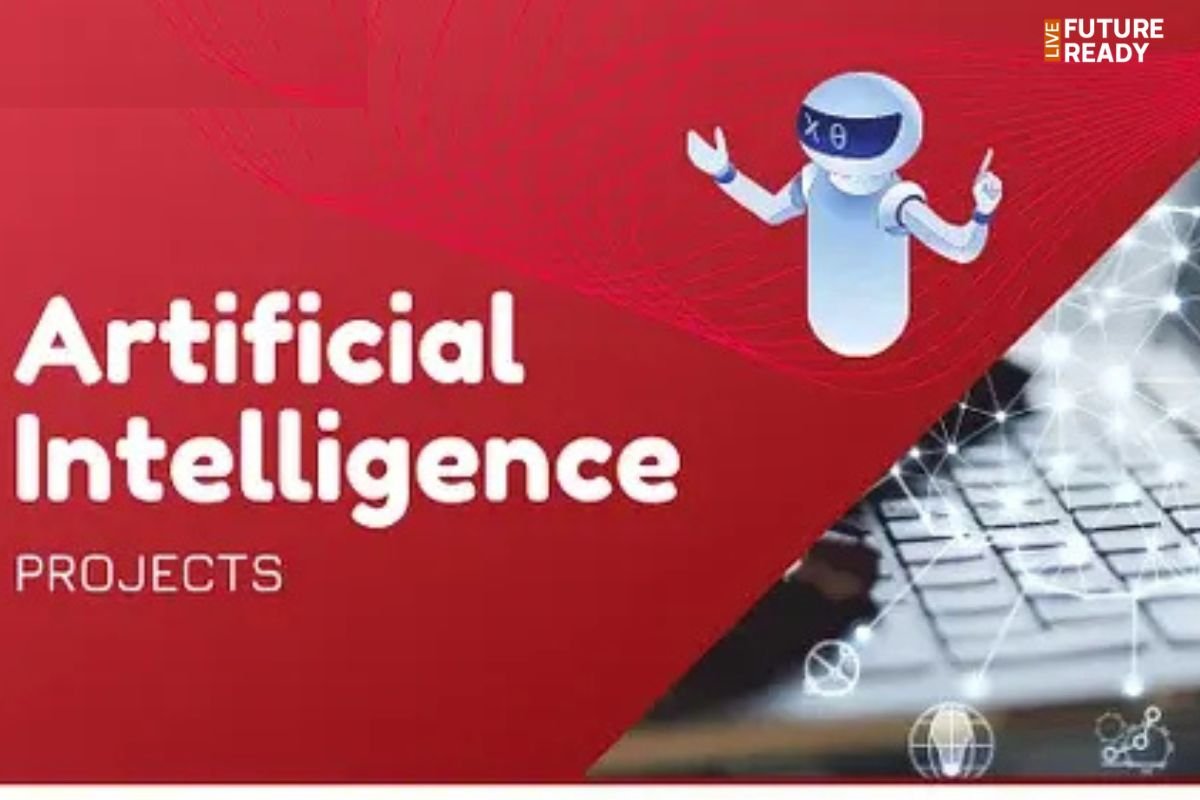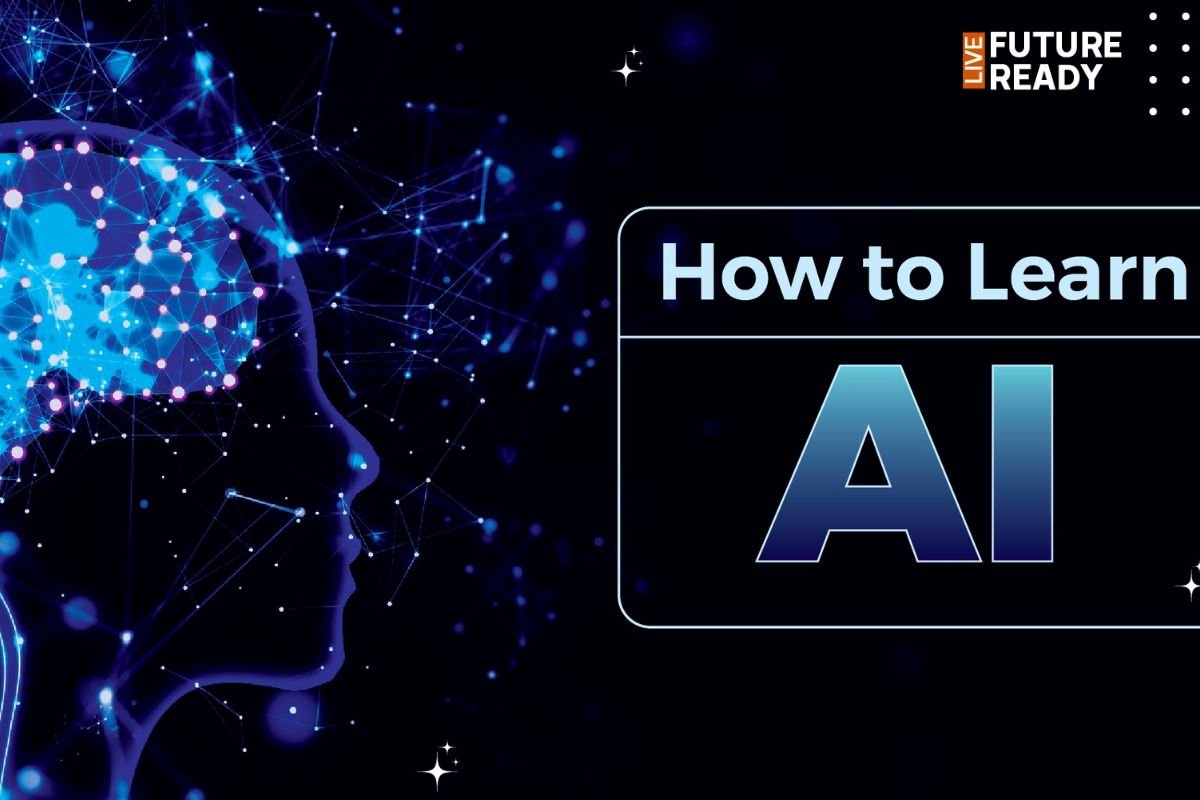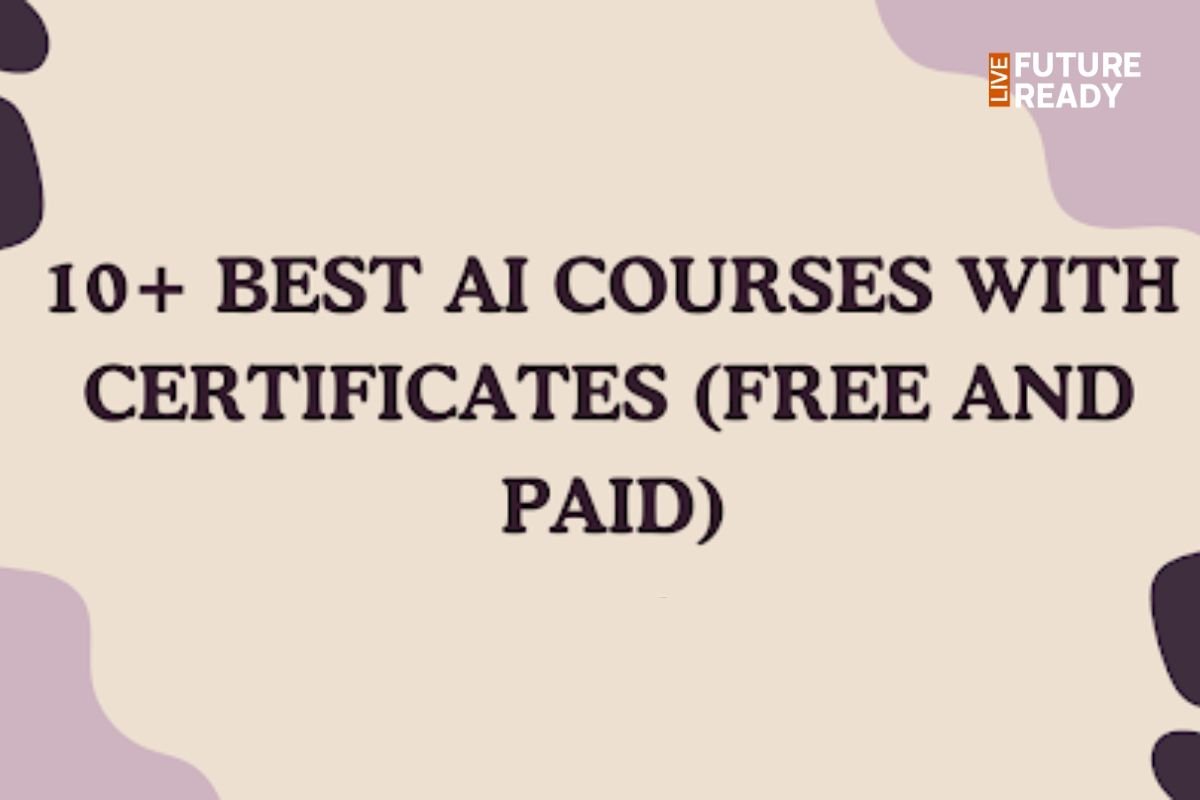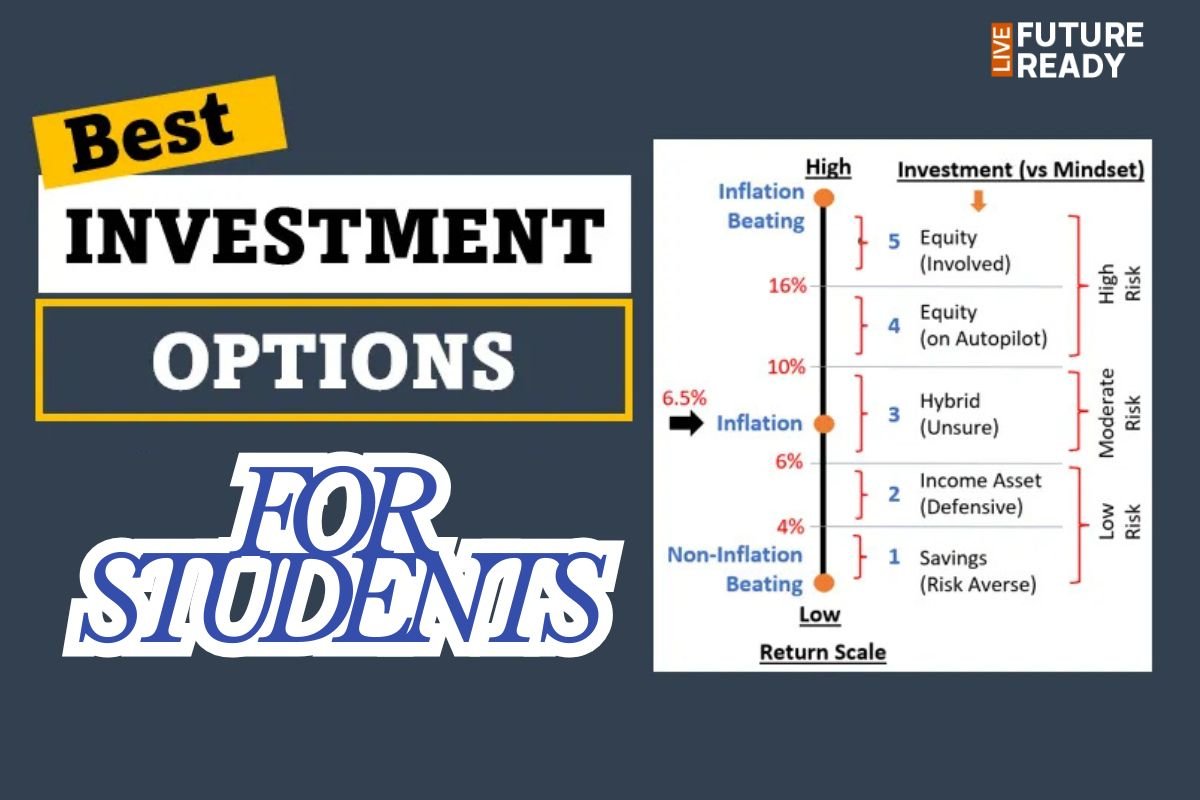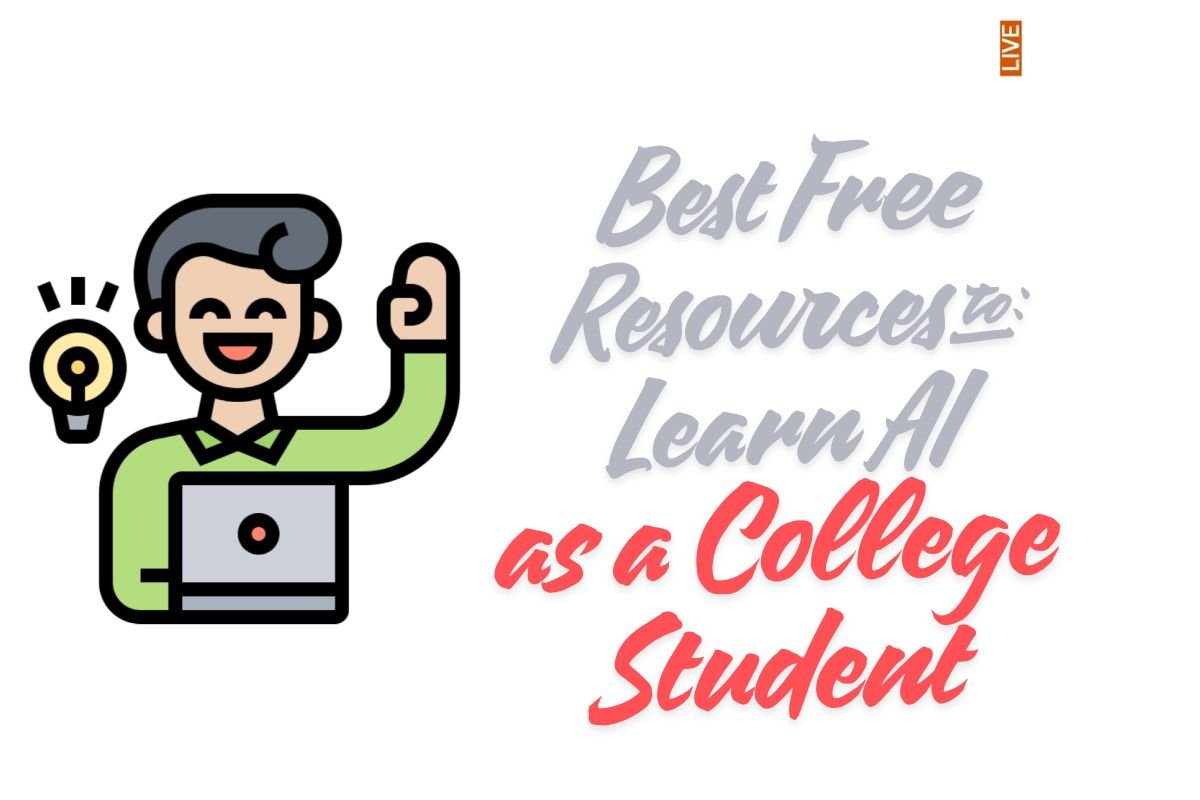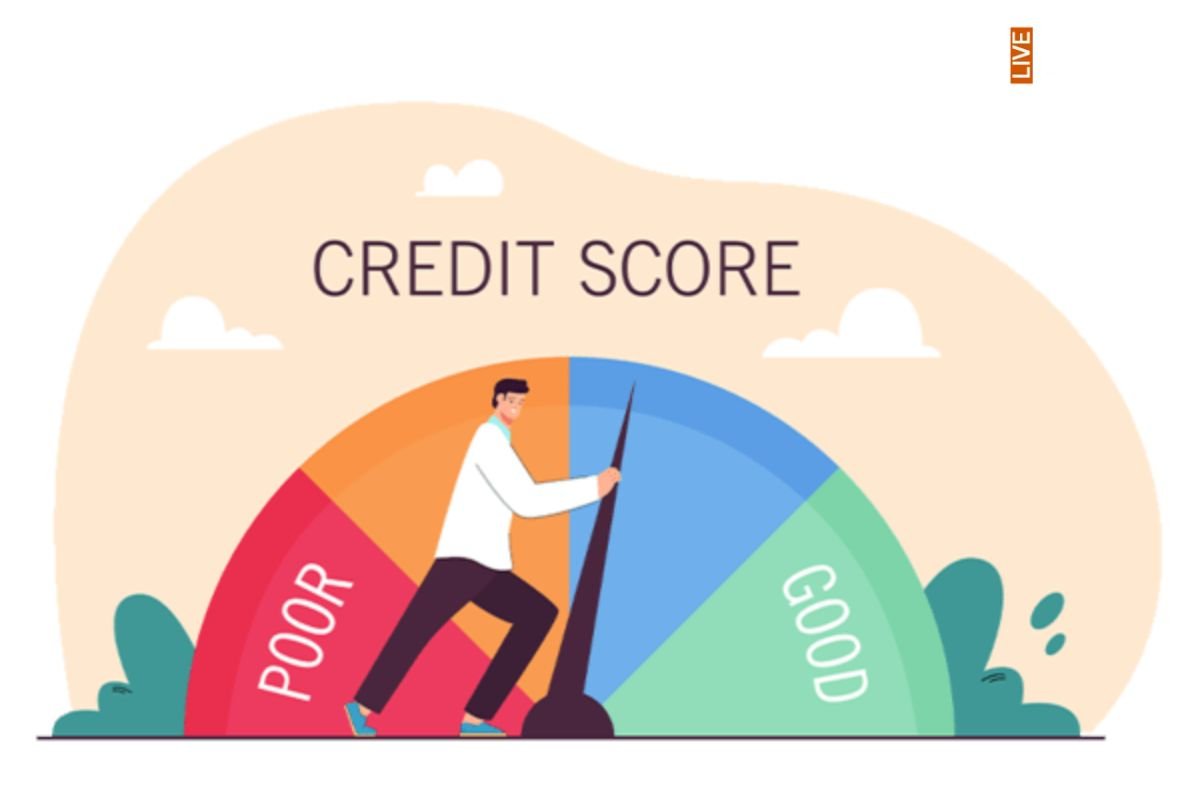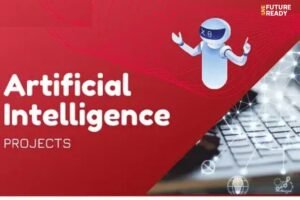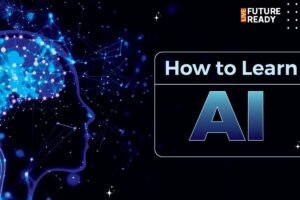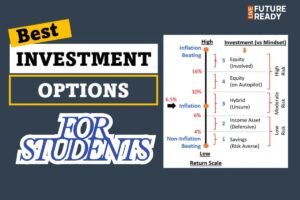Artificial Intelligence is one of the fastest-growing and most lucrative fields, promising dynamic opportunities for people from all backgrounds—not just computer science graduates. Today, employers value real-world skills, creativity, and hands-on portfolios, allowing you to launch an impactful AI career even if your degree is in economics, biology, humanities, or any other subject.
Whether you’re a recent graduate, a mid-career professional, or someone switching fields, here’s a practical roadmap to building your AI career without a computer science degree.
1. Identify Key AI Career Paths Open to Non-CS Majors
AI is multifaceted and offers both technical and non-technical roles. Some entry points include:
-
Data Analyst
-
AI Product Manager
-
AI Ethics Professional
-
Prompt Engineer
-
AI Consultant
-
AI Marketing Specialist
-
AI Researcher (Societal/Market/Policy)
-
Data Labeling Technician
-
AI Trainer/Annotator
-
AI Content Writer
Many successful professionals in these roles have backgrounds in mathematics, psychology, linguistics, law, business, or marketing.
2. Master Essential AI Skills
To be noticed by employers, develop foundational skills and specialized knowledge:
Technical skills (even at a beginner level):
-
Programming basics (Python is a must; SQL is very useful)
-
Data manipulation (using Pandas, NumPy)
-
Data visualization (Matplotlib, Seaborn)
-
Machine learning concepts (regression, classification, basic algorithms)
Math and analytical thinking:
-
Basic statistics and probability
-
Linear algebra fundamentals
AI tools and platforms:
-
Working knowledge of online tools (TensorFlow, scikit-learn)
-
Familiarity with generative AI models such as ChatGPT, Jasper, etc.
For non-technical roles:
-
Communication and writing
-
Creativity and critical thinking
-
Research and policy analysis
-
Digital marketing and sales (for AI-related products)
3. Learn Through Online Courses & Certifications
Professional certifications have become powerful alternatives to traditional degrees. Popular options include:
-
Google AI and Machine Learning Certificates
-
IBM AI Engineering Professional Certificate
-
Coursera’s “AI for Everyone” with Andrew Ng
-
TensorFlow Developer Certification
You’ll find beginner-friendly AI and ML courses on platforms such as edX, Udacity, DataCamp, LinkedIn Learning, and Skillshare. These are excellent for building structured knowledge and showcasing commitment.
4. Build a Portfolio With Real-World AI Projects
Employers prioritize hands-on experience:
-
Create simple machine learning models (image classification, recommendations, chatbots)
-
Publish your code and analysis on GitHub
-
Write blog posts on AI projects, trends, or ethical debates on Medium or LinkedIn
-
Enter AI competitions on Kaggle or DrivenData
-
Contribute to open-source AI libraries
Your portfolio can set you apart—instead of credentials alone, show what you’ve built and learned.
5. Get Practical Experience via Freelance, Internships, and Volunteering
Start with entry-level AI roles or projects:
-
Data labeling specialist or annotator
-
Freelancing AI services on Upwork, Fiverr
-
Remote internships at startups or research labs
-
Volunteer for AI-driven NGOs or open-source communities
Even seemingly small gigs add experience to your resume and provide talking points in interviews.
6. Network in the AI Community
Networking is vital. Here’s how to connect with professionals and discover hidden opportunities:
-
Join AI forums on Reddit, Discord, or Slack (e.g., r/MachineLearning, AI-focused Discords)
-
Attend virtual AI meetups, webinars, hackathons
-
Engage with thought leaders on LinkedIn and Twitter
-
Comment on industry blogs, join Substacks
-
Seek mentorship and ask for guidance
Many AI jobs are never posted publicly and are filled via referrals and connections.
7. Target Roles That Celebrate Transferable Skills
Non-technical strengths are highly valued:
-
Analytical thinking, creativity, and communication
-
Problem-solving and collaboration
-
Knowledge of domain expertise (e.g., finance, healthcare, law, marketing)
Tailor your resume and applications to highlight these traits alongside your technical projects or certifications. Non-CS backgrounds are often seen as assets in multidisciplinary AI teams.
8. Keep Learning and Evolving
The AI field moves rapidly. Stay current:
-
Subscribe to AI podcasts and newsletters
-
Follow global trends in AI ethics, regulations, and policy
-
Explore cross-disciplinary topics (psychology, UX, art, etc.) for unique perspectives
Frequently Asked Questions
1. Can I become an AI engineer without a CS degree?
Yes, with demonstrated skills in programming, machine learning, and real-world projects, you are eligible for many engineering and analyst roles. Certifications and open-source contributions are strong supplements.
2. What are some non-technical AI careers?
AI ethics specialist, AI product manager, prompt engineer, researcher (policy/society), AI sales and marketing, AI content writer, and human-in-the-loop data trainers are popular roles.
3. How do I prove my AI skills to employers?
Maintain a solid online portfolio on GitHub, earn respected certifications, showcase project outcomes, and build a professional network in the AI community.
Final Thoughts
Artificial Intelligence rewards creativity, curiosity, and problem-solving. By leveraging online courses, hands-on projects, and strong networks, you can build a successful AI career—even without a computer science degree. Focus on learning, demonstrate your abilities, and pursue roles aligned with your background and passions.
Read more on our website: Future Ready, your go-to platform for the best educational content and latest updates.






